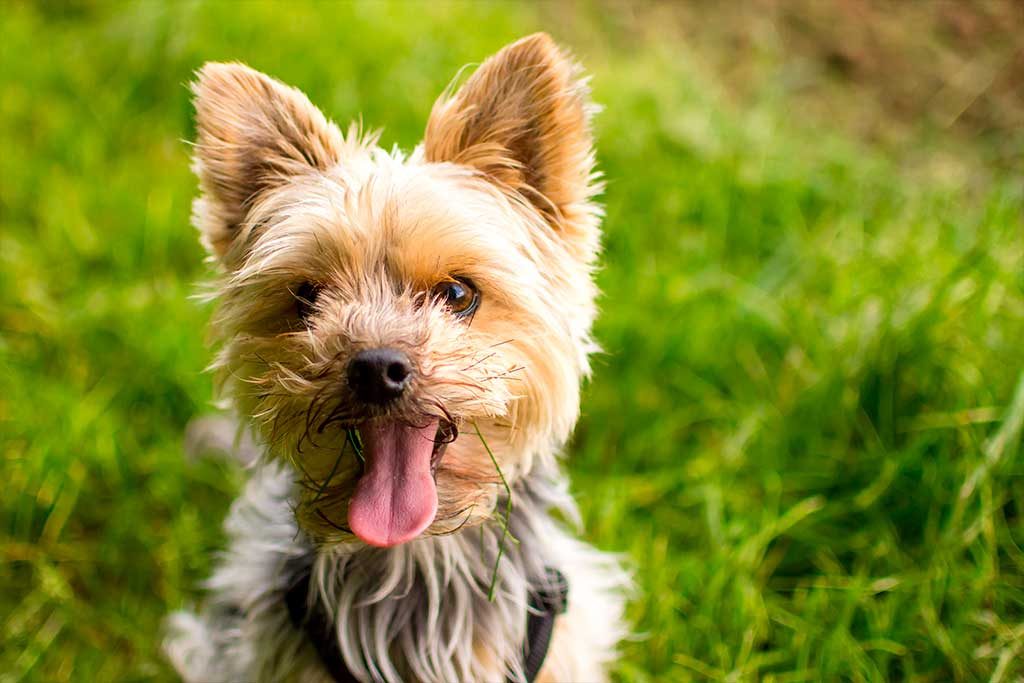Yorkshire Terriers, affectionately known as Yorkies, are small but mighty dogs with a big personality. If you’re considering breeding Yorkies or have a pregnant Yorkie, you may be curious about how many puppies they typically have and how to ensure a successful breeding process. Let’s explore the average litter size of Yorkies and some essential breeding tips for Yorkie owners.
Average Litter Size of Yorkies
Yorkies are a small breed, and their litter sizes tend to be relatively small compared to larger dog breeds. On average, Yorkies typically have around 3 to 5 puppies per litter. However, litter size can vary widely depending on various factors, including the age and health of the mother, genetics, and breeding practices.
While some Yorkies may have smaller litters of 1 or 2 puppies, others may have larger litters of 6 or more puppies. It’s essential to be prepared for any scenario and provide proper care and attention to both the mother and her puppies during and after the birthing process.
Breeding Tips for Yorkie Owners
If you’re considering breeding your Yorkie or have already begun the breeding process, here are some important tips to keep in mind:
1. Health Screening:
Before breeding your Yorkie, it’s crucial to ensure that both the male and female dogs are in good health. Schedule a pre-breeding health check-up with your veterinarian to assess their overall health, screen for genetic conditions, and address any health concerns.
2. Choose a Suitable Mate:
Selecting a compatible mate for your Yorkie is essential for producing healthy and genetically sound puppies. Consider factors such as temperament, health, and conformation when choosing a mate for your Yorkie. It’s also advisable to perform health screenings and genetic testing to reduce the risk of hereditary conditions in the offspring.
3. Proper Nutrition:
Proper nutrition is vital for the health and well-being of breeding Yorkies. Provide a balanced and high-quality diet formulated for breeding dogs, including essential nutrients such as protein, vitamins, and minerals. Consult with your veterinarian for dietary recommendations tailored to the specific needs of breeding Yorkies.
4. Prenatal Care:
Provide proper prenatal care to the pregnant Yorkie to ensure a healthy pregnancy and delivery. This includes regular veterinary check-ups, monitoring weight gain, and adjusting diet and exercise as needed. Your veterinarian can provide guidance on prenatal vitamins, supplements, and other aspects of prenatal care.
5. Whelping Preparation:
Prepare a quiet, safe, and comfortable whelping area for the pregnant Yorkie to give birth and care for her puppies. Set up a whelping box with clean bedding, heating pads or heat lamps for warmth, and easy access to food, water, and assistance if needed. Familiarize yourself with the signs of labor and be prepared to assist the mother during the birthing process if necessary.
6. Postnatal Care:
Provide postnatal care to the mother and her puppies to ensure their health and well-being. Monitor the mother for signs of infection, mastitis, or other postpartum complications, and seek veterinary care if needed. Provide proper nutrition, warmth, and socialization to the puppies as they grow and develop.
By following these breeding tips and providing proper care and attention to your Yorkies throughout the breeding process, you can help ensure a successful and rewarding breeding experience and produce healthy and happy puppies. Remember to prioritize the health and welfare of your dogs and seek veterinary guidance whenever necessary.






